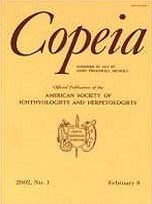Cannibalism provides a potential mechanism for enhanced growth and survival for species with complex lifecycles developing in habitats of unpredictable duration. We asked whether background resource quality affected survival and metamorphosis of Cuban Treefrog (Osteopilus septentrionalis) tadpoles fed conspecifics. In a factorial experiment, we crossed two levels of background resources, a high-quality (commercial rabbit chow) or low-quality (algae and periphyton) diet with no conspecifics, the presence of a dead conspecific (in a bag), or ad libitum availability of dead conspecifics. Survival of tadpoles did not differ significantly among treatments. Availability of conspecifics resulted in larger mass and decreased larval periods for tadpoles on low-quality background treatments; however, for tadpoles on high-quality background treatments, availability of conspecifics resulted in prolonged larval periods. These results suggest that profitability of feeding on conspecifics is dependent on background resource level and may partially explain why cannibalism is facultative and associated with low availability of alternative food or crowded conditions in most larval anurans.
How to translate text using browser tools
1 May 2000
Benefits of Eating Conspecifics: Effects of Background Diet on Survival and Metamorphosis in the Cuban Treefrog (Osteopilus septentrionalis)
Kimberly J. Babbitt,
Walter E. Meshaka Jr.
ACCESS THE FULL ARTICLE





